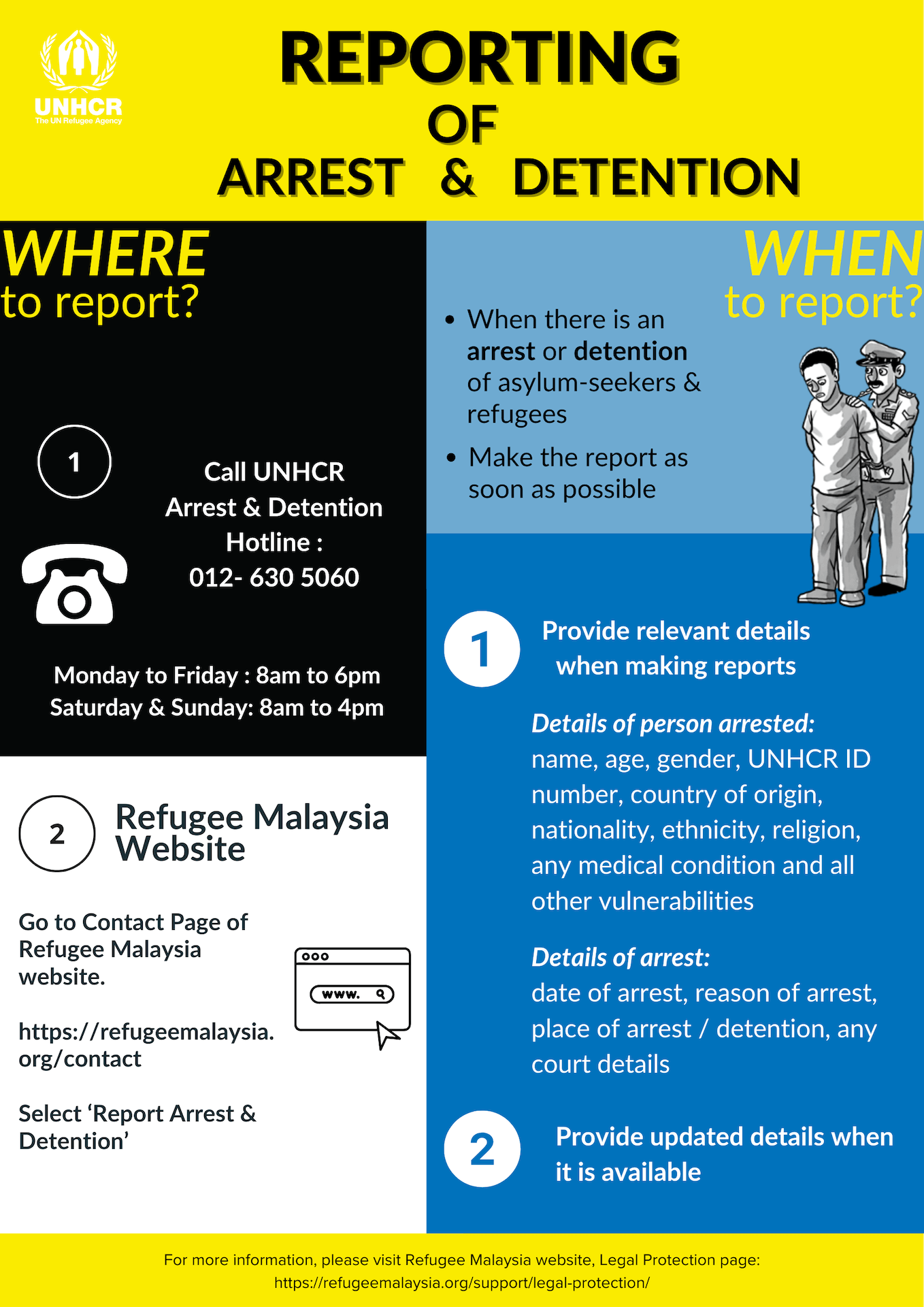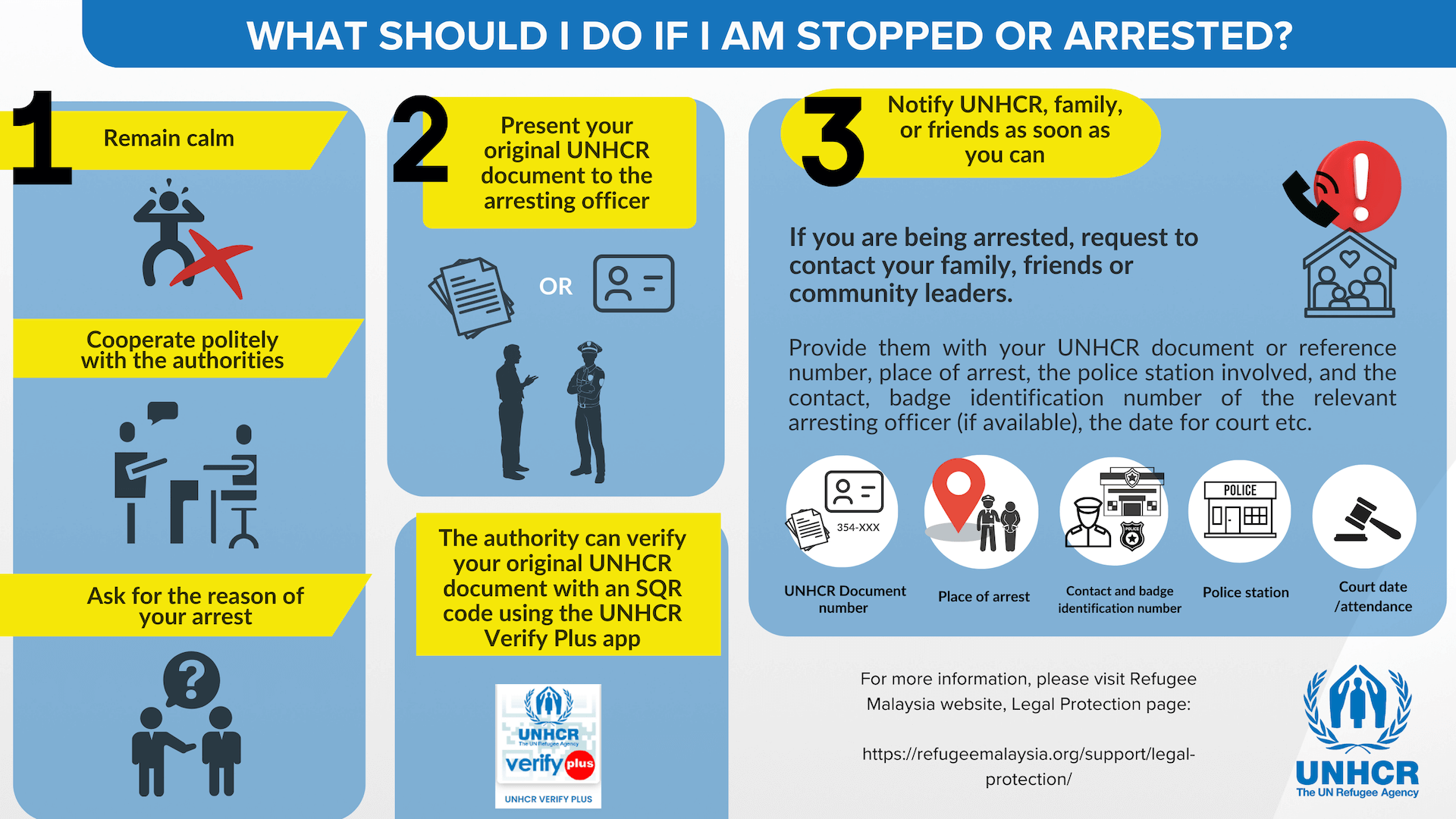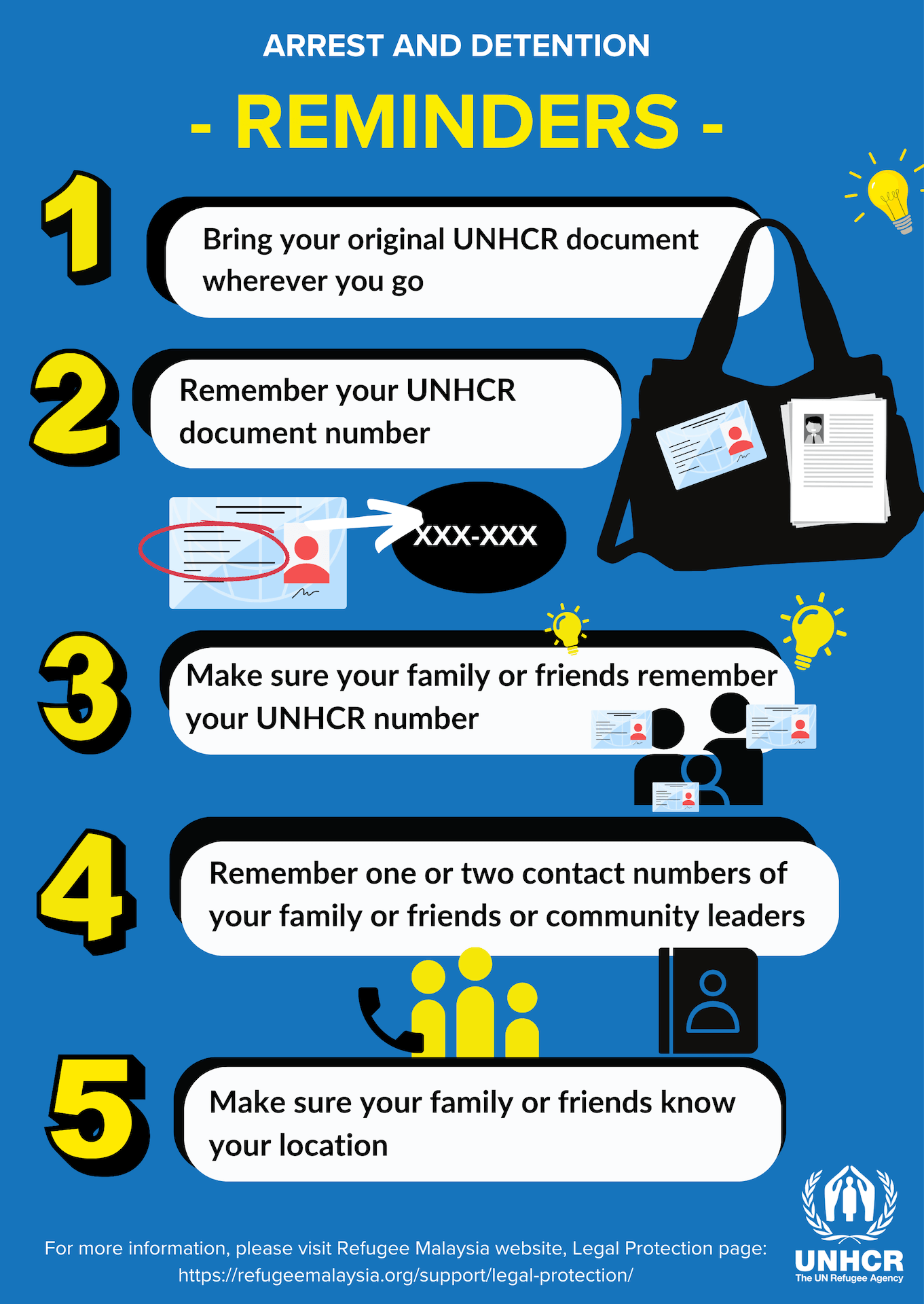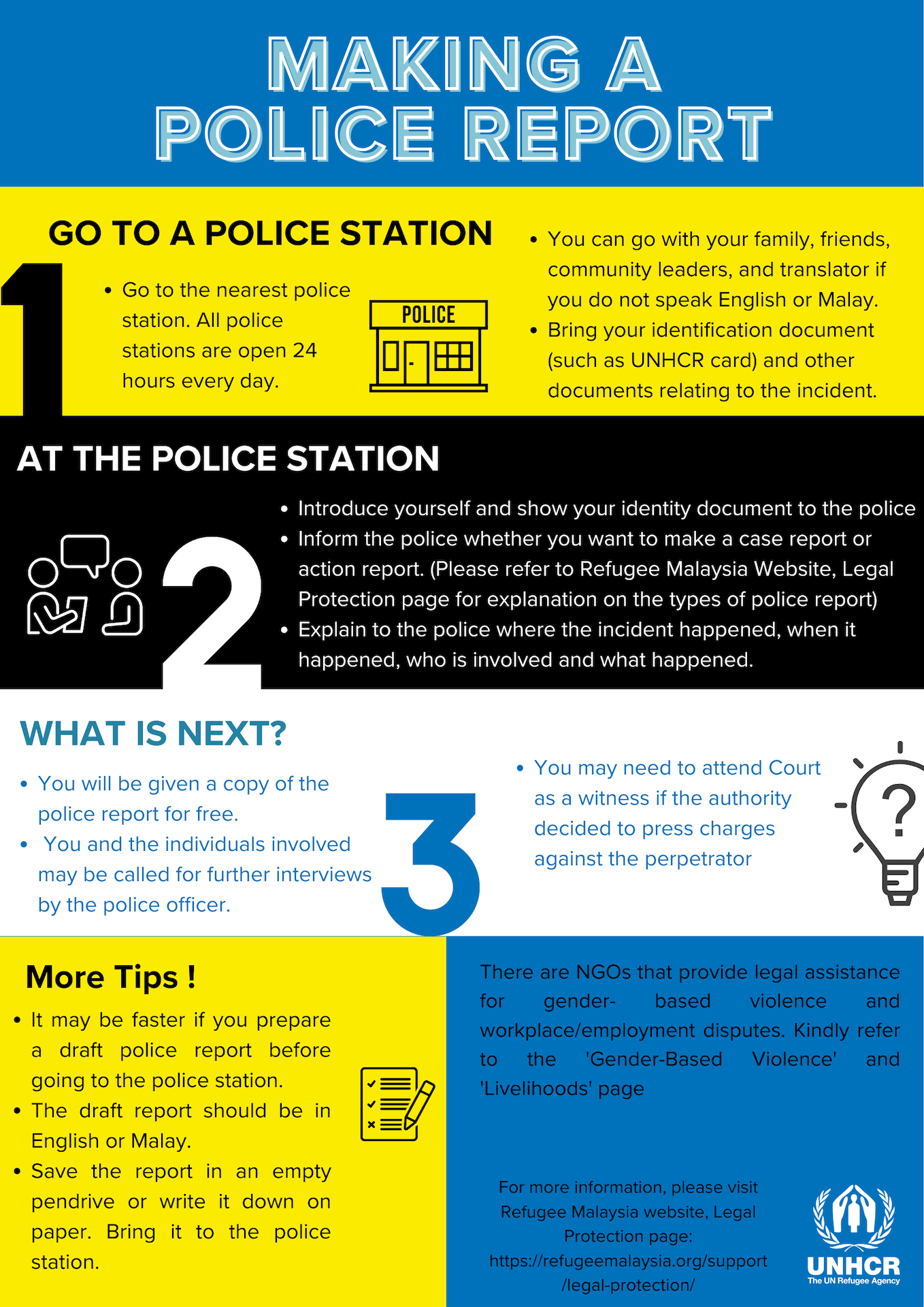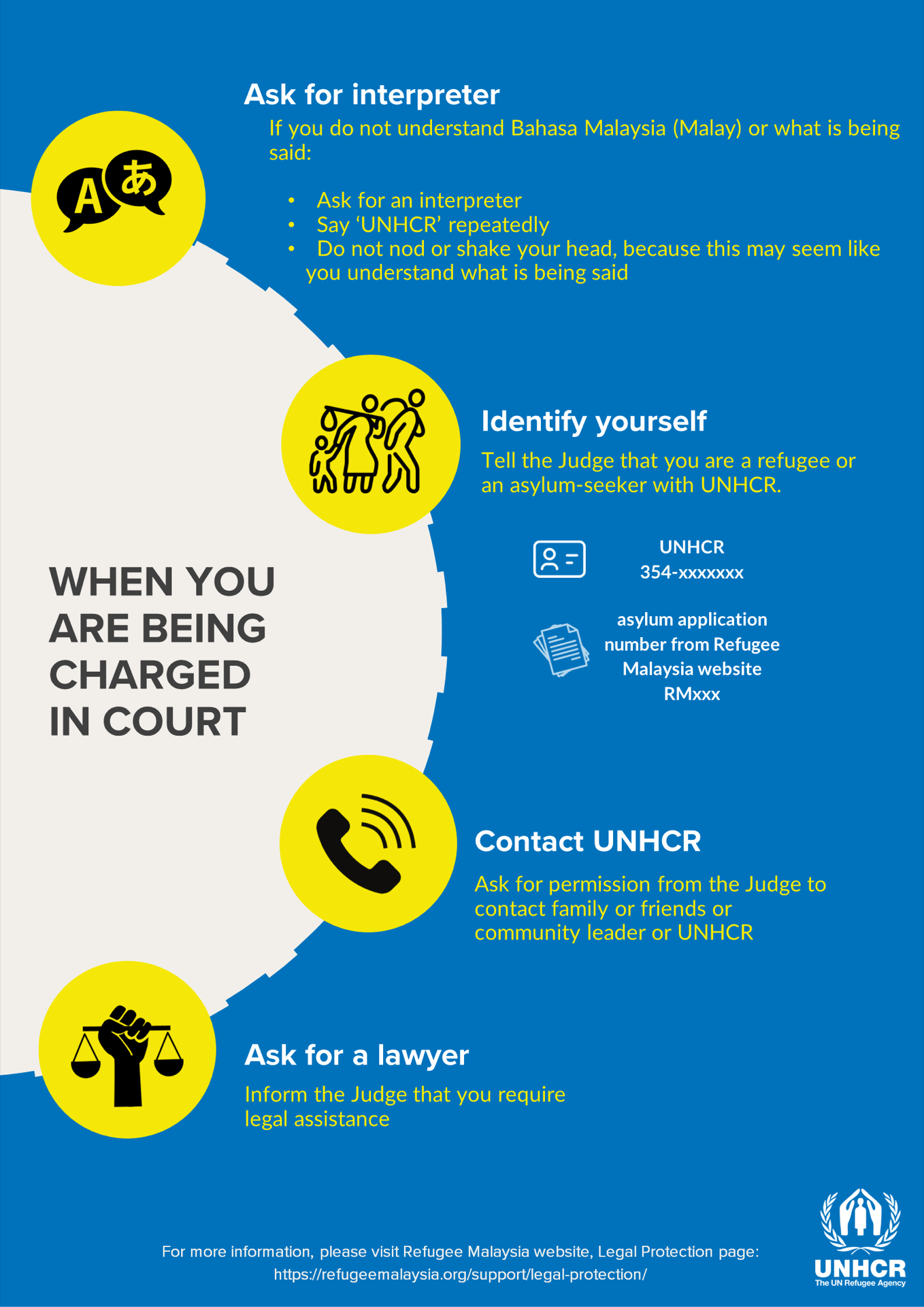Legal Protection
Refugees and asylum-seekers must obey the laws of Malaysia.
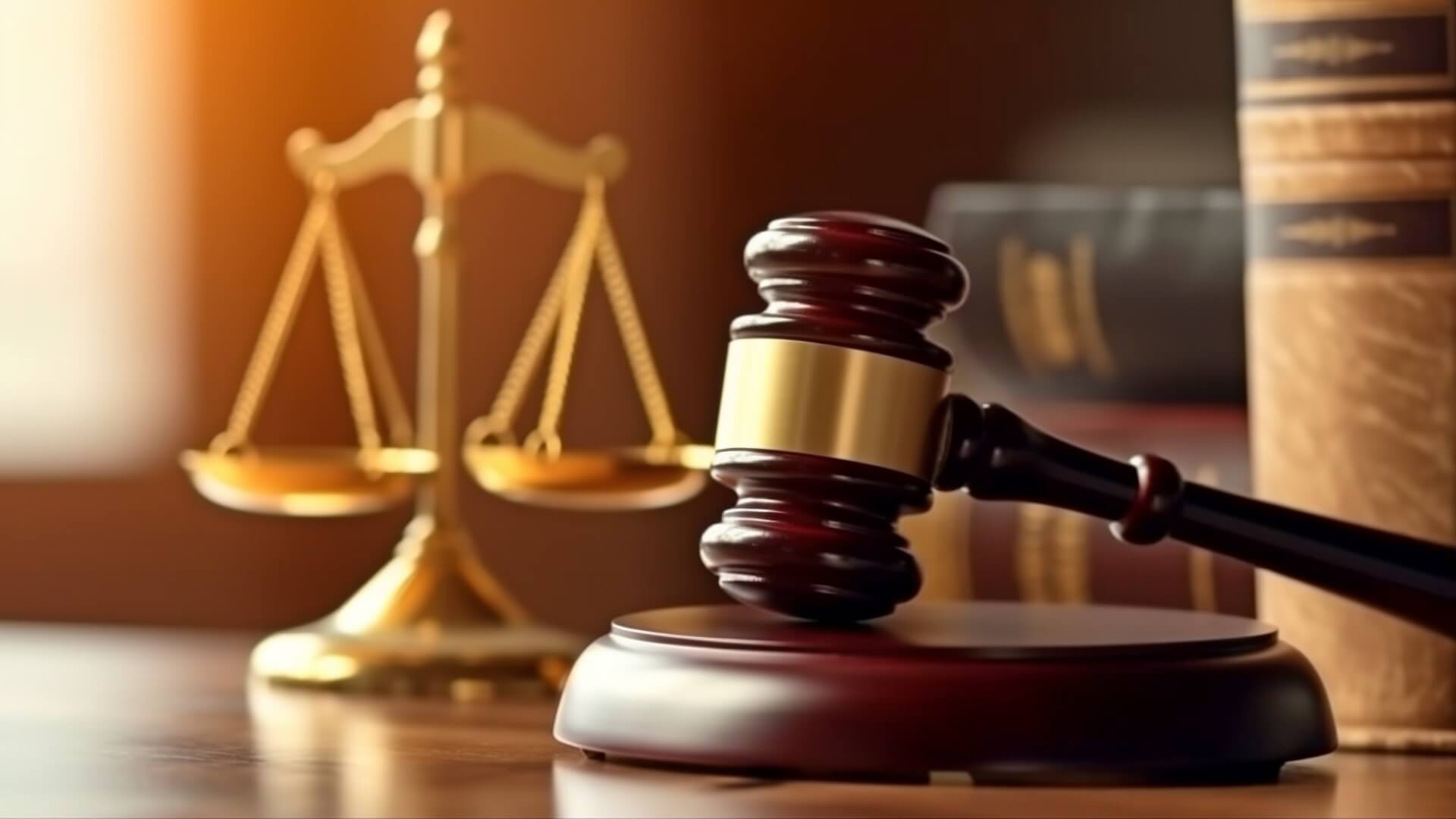
Refugees and asylum-seekers who commit any crimes in Malaysia will be punished according to Malaysian law
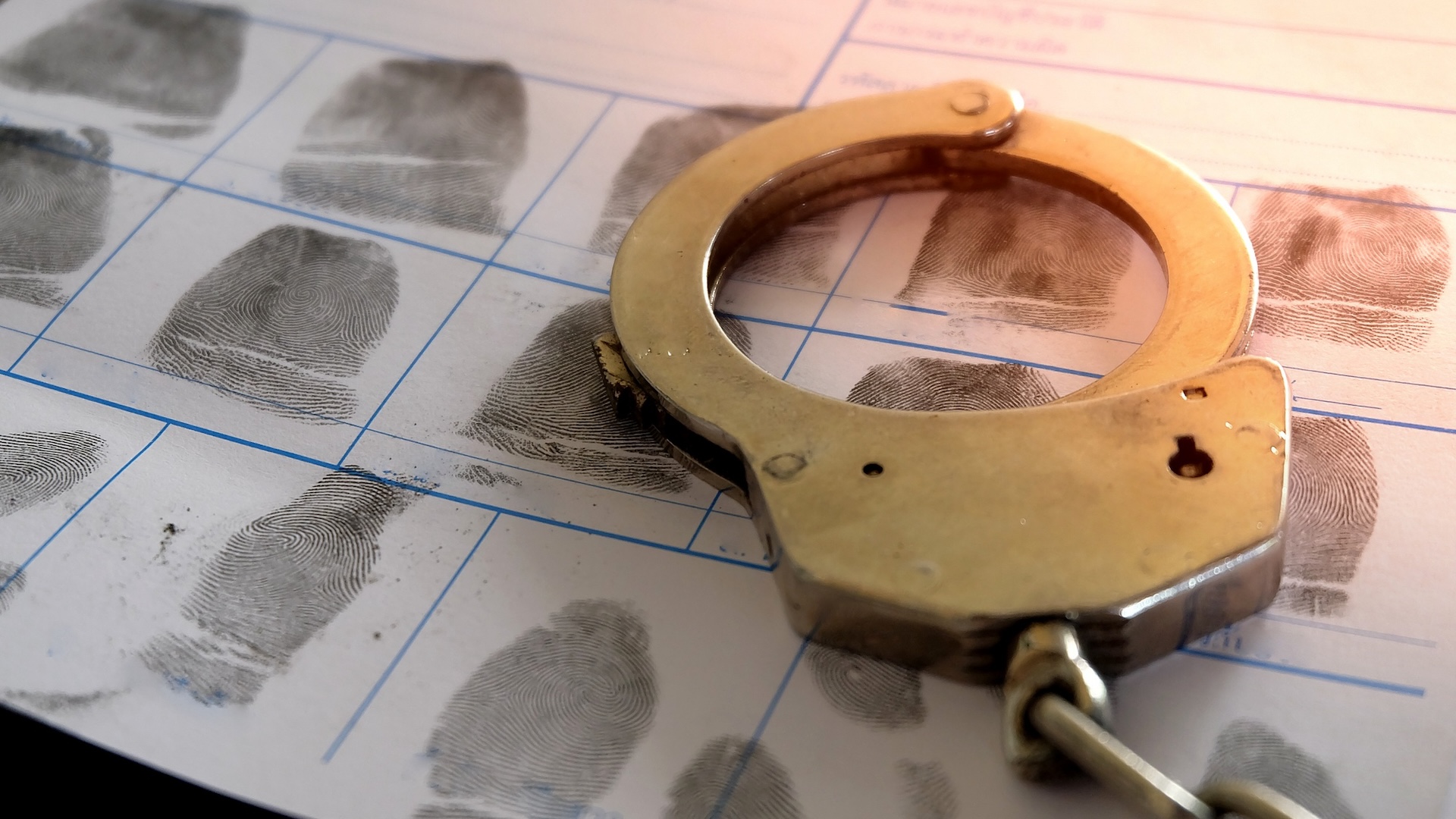
The refugee or asylum-seeker will go through police investigation, arrest, charge, and imprisonment, just like any other person
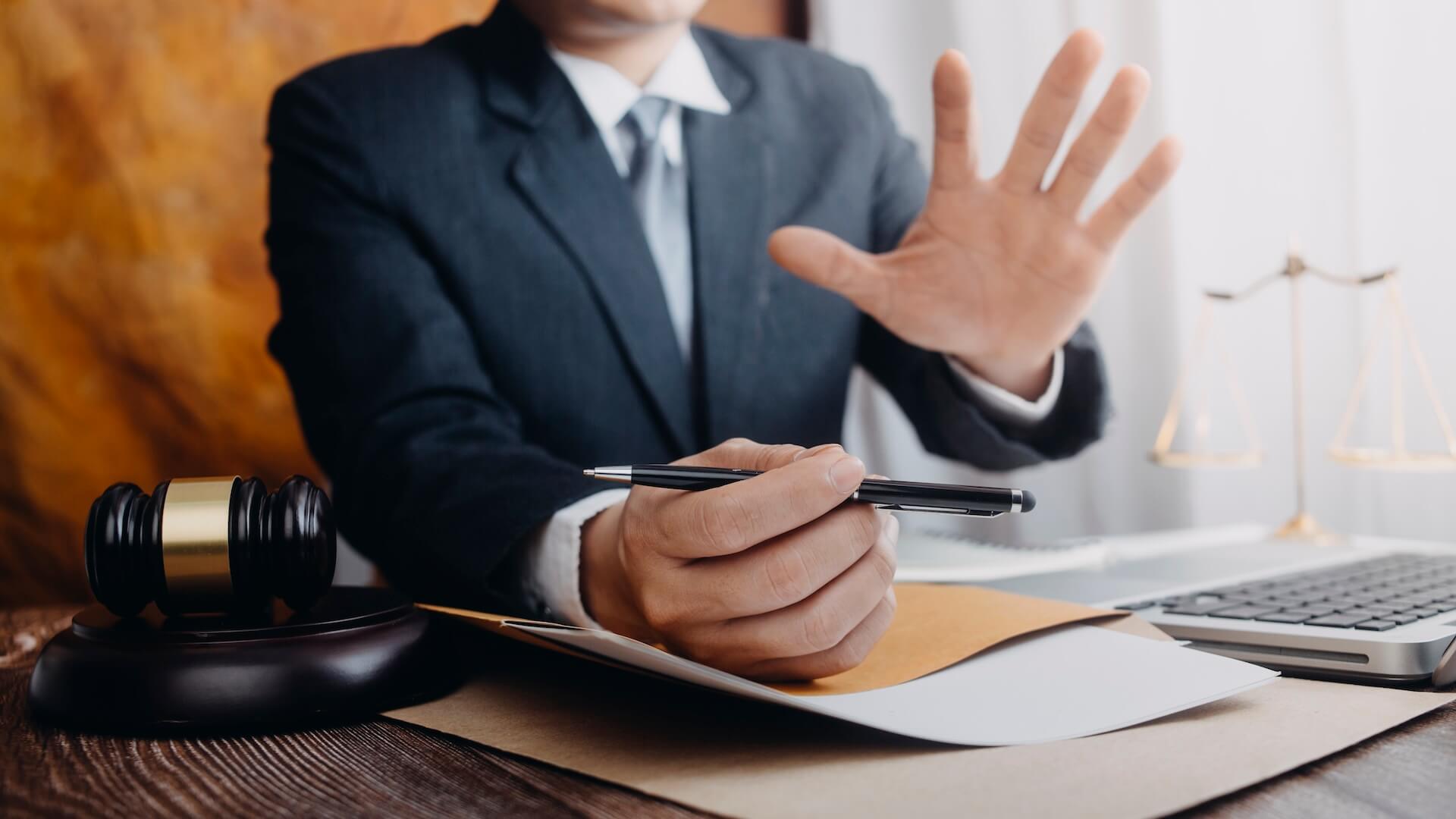
UNHCR does not provide legal assistance to refugees and asylum-seekers who commit offences in Malaysia that are not related to immigration
When refugees or asylum-seekers are arrested or detained for immigration reasons, UNHCR requests their release by:
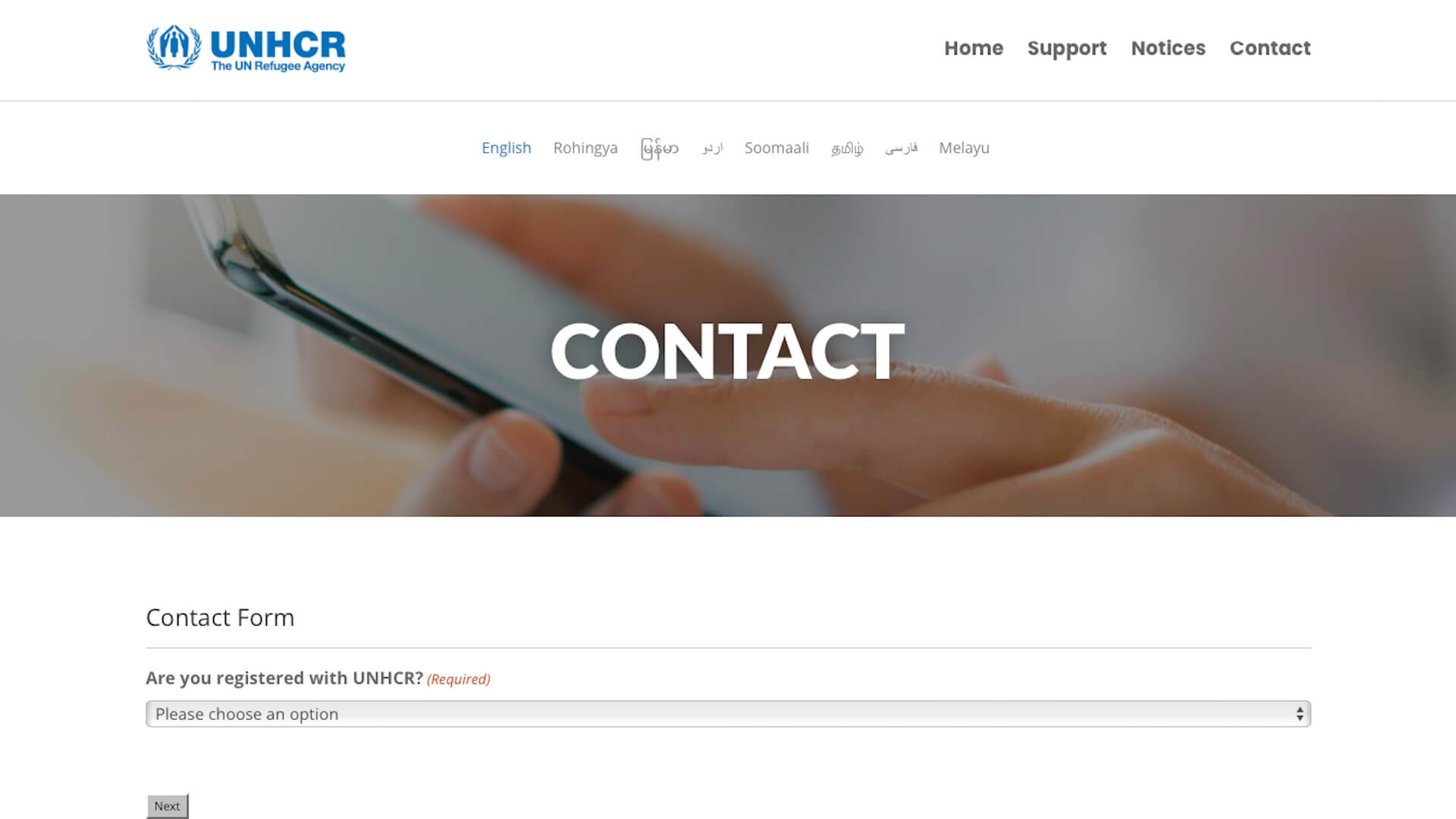
Receiving and verifying information about such arrests and detention through the Refugee Malaysia website online form or the UNHCR Arrest and Detention Hotline

Engaging law enforcement agencies to verify the status of refugees and asylum-seekers who have been arrested or detained
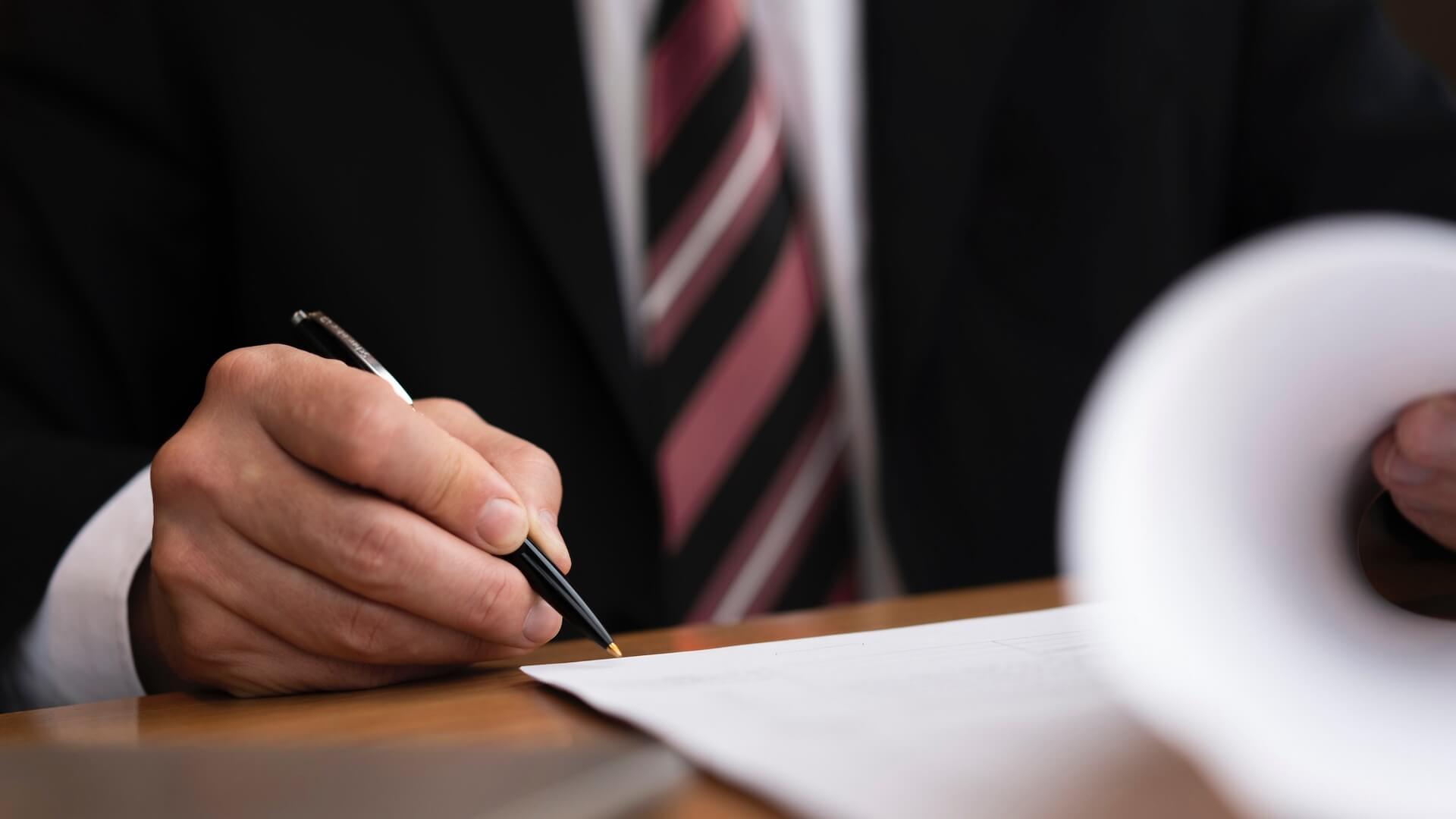
Offering legal representation and assistance to the refugee or asylum-seeker
UNHCR keeps track of all arrest reports made via the Arrest and Detention Hotline and the Refugee Malaysia website. UNHCR will intervene with the relevant law enforcement agency promptly to help those arrested under the Immigration Act to avoid further detention or prosecution. Please note that UNHCR might not be able to help during the initial 14-day remand period unless the authorities specifically ask for UNHCR to verify the identity of the arrested individual.
During the remand period, the individual will be detained to allow the enforcement authority to conduct further investigations into the suspected offence. Depending on the outcome of the investigation, the individual may either be released or taken to court.
Reporting of Arrest and Detention
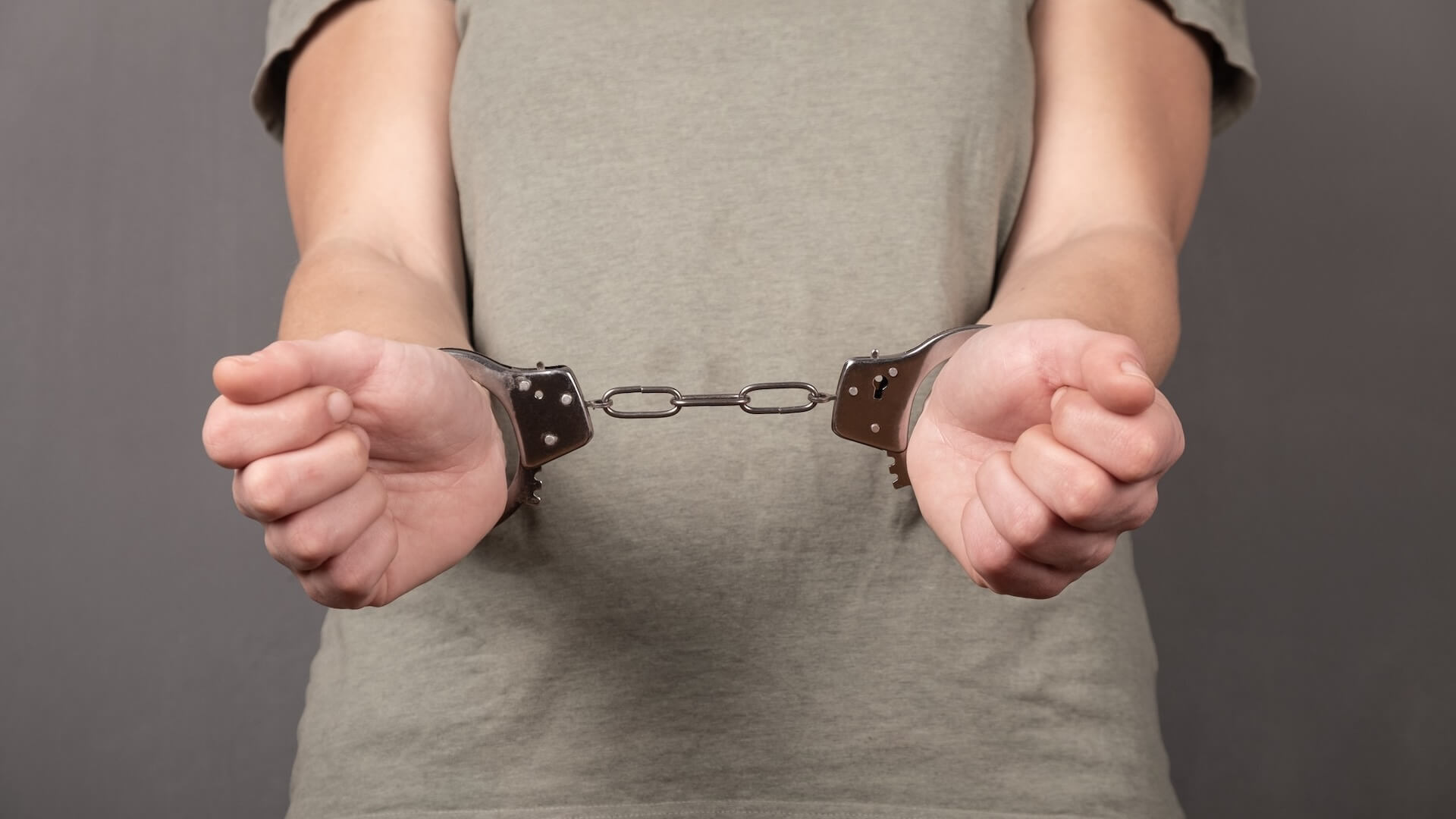
Where to Report?
1. Arrest and detention hotline
Call UNHCR arrest and detention hotline (English and Malay language only).
+6012 630 5060
Monday to Friday: 2PM to 6PM
Saturday and Sunday: 8AM to 4PM
2. Refugee Malaysia website
Go to Contact page on Refugee Malaysia website and select ‘Report arrest and detention’.
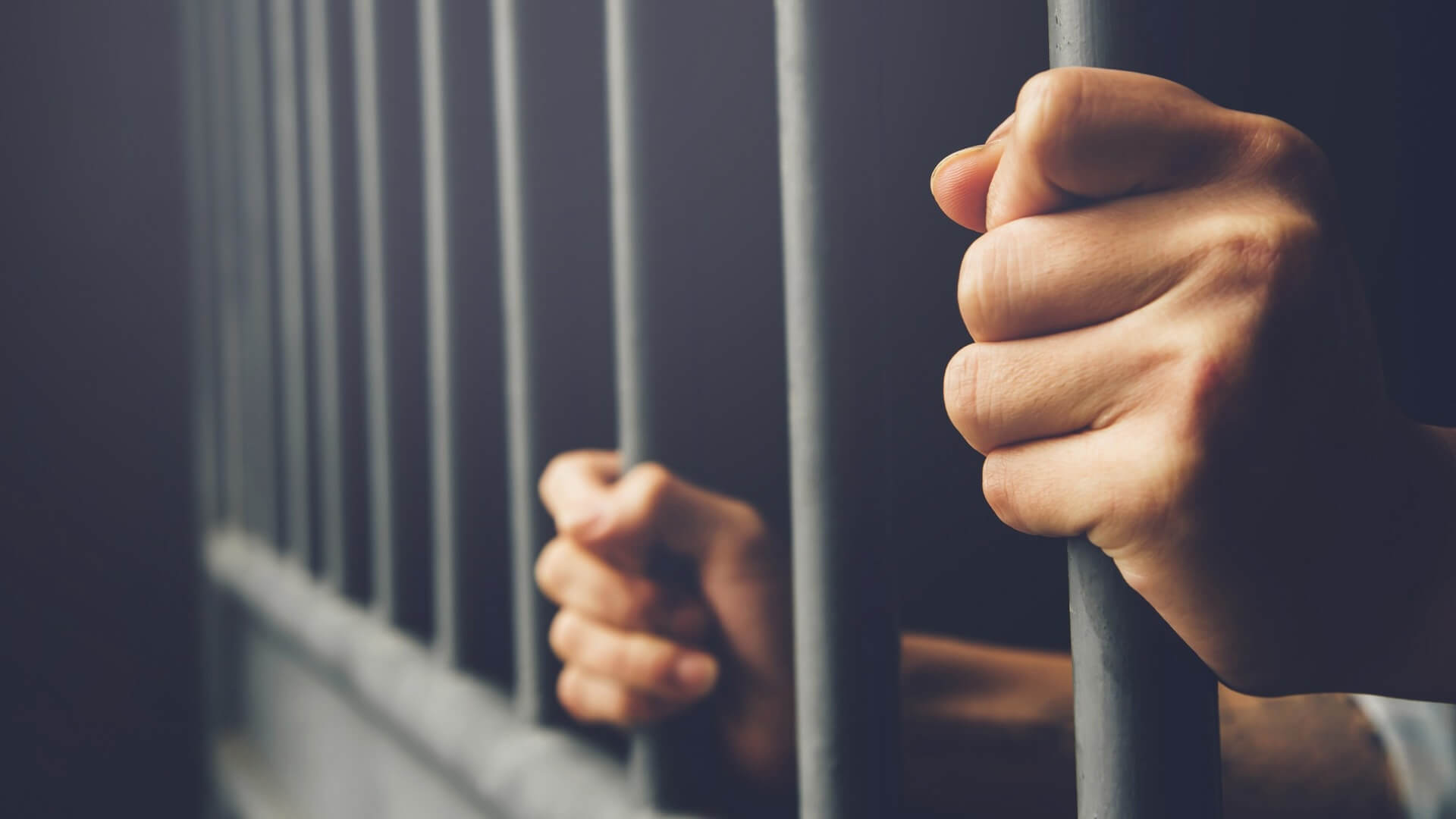
When to Report?
- When there is an arrest or detention of asylum-seekers and refugees
- Make the report as soon as possible
1. Provide relevant details when making reports
Name, age, gender, UNHCR file number, country of origin, nationality, ethnicity, religion, any medical condition and all other vulnerabilities.
Details of arrest:
Date of arrest, reason of arrest, place of arrest/detention, any court details.
2. Provide updated details
Provide updated details when it is available
If you are Stopped or Arrested
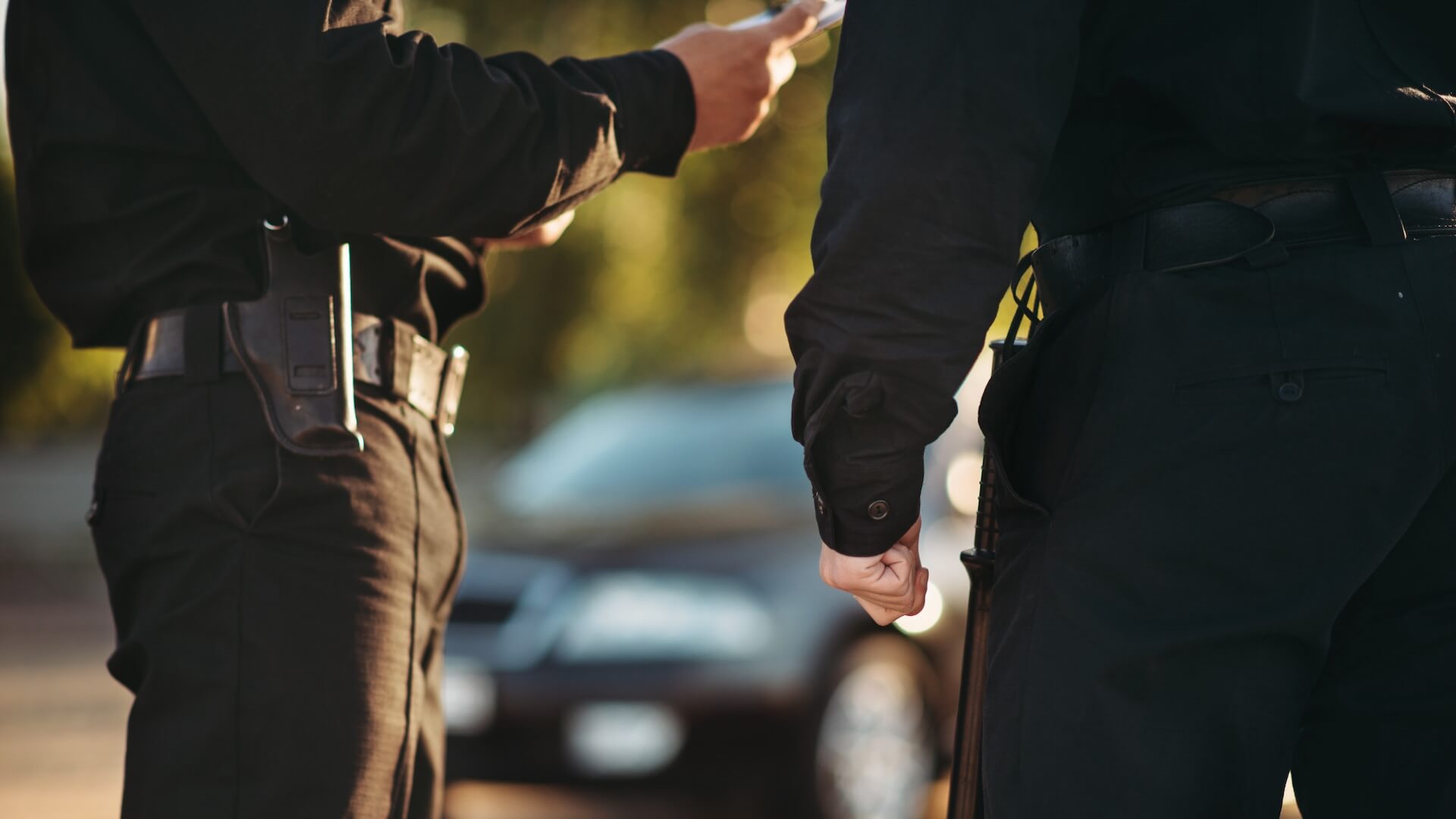

Remain calm

Cooperate politely with the officer

Ask for reason of your arrest

Present your original UNHCR document to the arresting officer
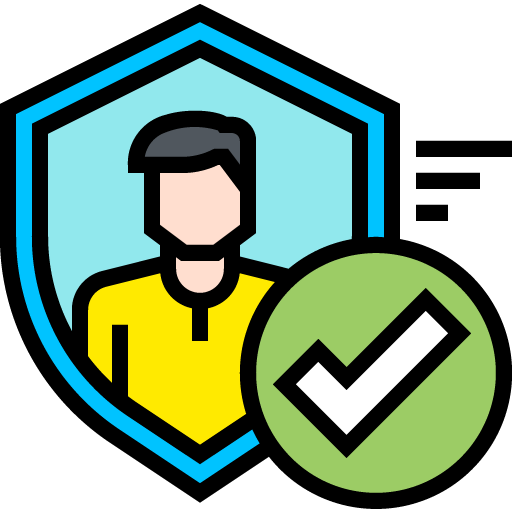
The officer can verify your original UNHCR document with an SQR code using the UNHCR Verify Plus app
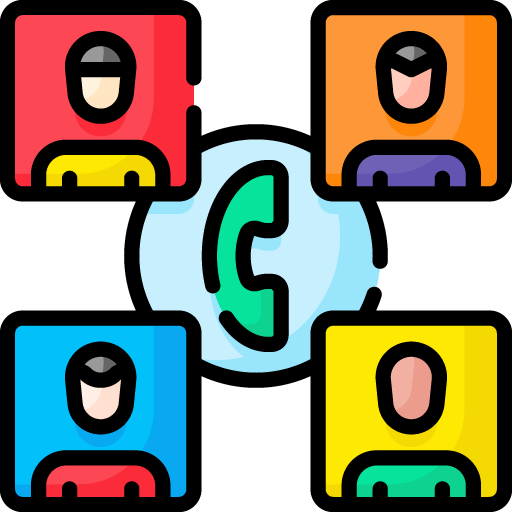
Notify UNHCR, family or friends as soon as you can*
*Provide them with your UNHCR document or reference number, place of arrest, the police station involved and the contact, badge identification number of the relevant arresting officer (if available), the date for court etc.
If you are Brought to the Court
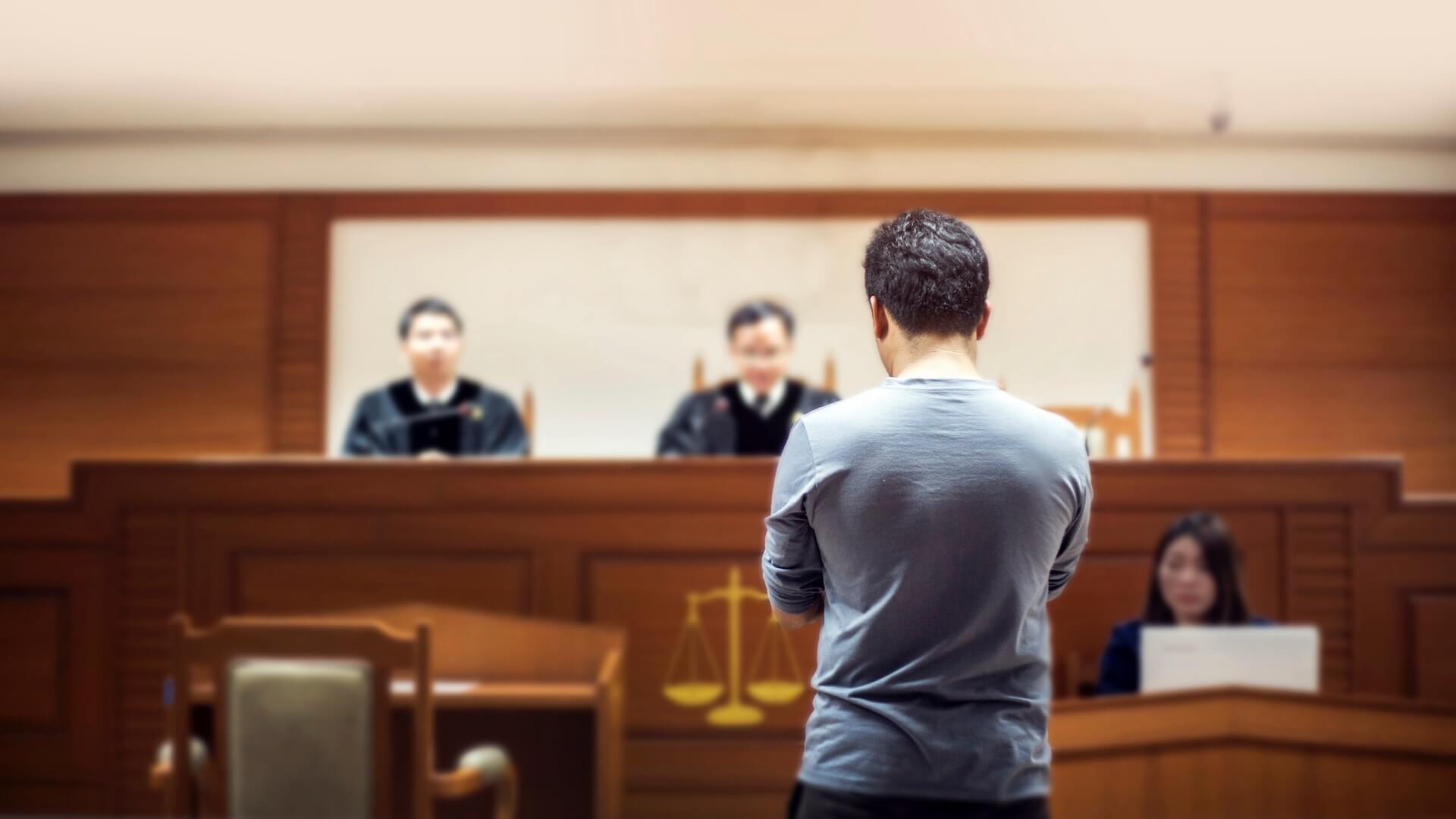
Inform Court
If you have a UN document or have submitted a registration application, please inform the court
Inform UNHCR
Immediately inform UNHCR that you are being taken to court and request permission from the judge to contact UNHCR, or your family/friends
Ask for Interpreter
If you do not understand Bahasa Malaysia (Malay) or what is being said, ask for an interpreter by saying “UNHCR” and repeating it. Do not nod or shake your head, because this may seem like you understand what is being said
Identify Yourself
Tell the Judge that you are a refugee or asylum-seeker registered with UNHCR
Ask for a Lawyer
Inform the Judge that you require legal assistance
Reminders
- Bring your original UNHCR document wherever you go
- Remember your UNHCR document number
- Make sure family or friends remember your UNHCR number
- Remember one or two contact numbers of your family or community leaders
- Make sure your family or friends know your location
Reporting a Crime

There are two types of police reports:
- You should make a “case report” if you only want to inform the police, but do not want the police to take further action against the person who committed the crime
- You should make an “action report” if you want the police to take further action, such as having the person who committed the crime investigated, arrested, and charged in court
Making a Police Report
Go to a Police Station
- Go to the nearest police station. All police stations are open 24 hours every day
- You can go with your family, friends, community leaders and translators if you do not speak English or Malay
- Bring your identification document (such as UNHCR card) and other documents relating to the incident
At the Police Station
- Introduce yourself and show your identity document to the police
- Inform the police of the type of police report that you wish to make (a case report or an action report).
- Explain to the police where the incident happened, when it happened, who is involved and what happened
What is Next?
- You will be given a copy of the police report for free
- You and the individuals involved may be called for further interviews by the police officer
- You may need to attend Court as witness if the authority decided to press charges against the perpetrator
More Tips!
- It may be faster if you prepare a draft police report before going to the police station
- The draft report should be in English or Malay
- Save the report in a message or note on your phone, an empty pendrive or write it down on paper. Bring it to the police station
There are NGOs that provide legal assistance for gender-based violence and workplace/employment disputes. Kindly refer to the Gender-Based Violence and Livelihoods pages.
Legal Awareness
Many refugees that arrive in Malaysia are unsure of their rights, especially with the complexities of not having a formal status. The good news is, refugees have certain rights under Malaysian law.
Understanding those rights and responsibilities can be empowering and keep you informed especially when at risk of exploitation, arrest, or even deportation.
In improving refugees’ access to justice, UNHCR together with the Kuala Lumpur Legal Aid Centre, created a series of legal awareness videos to help you better understand your rights and responsibilities in Malaysia. These informative videos cover several important legal issues and addresses the frequently asked legal questions by refugees and asylum seekers in Malaysia.
Watch the videos today and empower yourself!
Stay informed, know your rights!
Civil & General Matters
This video provides the basic understanding of getting into contracts, renting a house, dealing with road traffic accidents and more, to better equip yourself with basic legal understanding when dealing with such matters.
Criminal & Immigration Law
Ever wonder what your rights are if you’re questioned by the authorities? This video covers the basics of criminal offenses and immigration regulations in Malaysia.
Family Law
This video offers insights on issues like registration of marriage, divorce, and child adoption. It also touches on the topic of domestic violence to raise awareness on the issue.
Employment Law
While refugees and asylum seekers are not able to work formally in Malaysia, it is important to have an understanding on your workplace rights and obligations. This is to ensure you’re not being discriminated or exploited, and ensuring you receive fair treatment by your employer.
These Legal Awareness Videos are available in other languages on the Legal Awareness playlist at Refugee Malaysia Youtube Channel.
Legal Aid Support for Refugees and Asylum-Seekers in Malaysia
If you need legal assistance, you can approach the nearest Legal Aid Centre in your area. These Legal Aid Centres are run by the Malaysian Bar to provide free legal advice especially in cases involving:
-
- Criminal / Immigration
-
- Family matters
-
- Employment / Labour disputes
-
- Civil and General Matters
The Legal Aid Centre will first assess your case and see if they are able to provide any assistance. If they can assign a lawyer to your case, you may need to pay a small processing fee. When visiting the centre, it will be helpful if you have the relevant documents, such as:
-
- Personal identification details (e.g. UNHCR card)
-
- Any documents related to your issue (e.g. police reports, court summons, agreements, etc)
Please refer to this list to find the nearest Legal Aid Centre in your area.
Legal Protection Related Materials
Legal Protection Webinar
Have Some Questions?
For more information, please consult the Legal Protection Frequently Asked Questions (FAQ).

